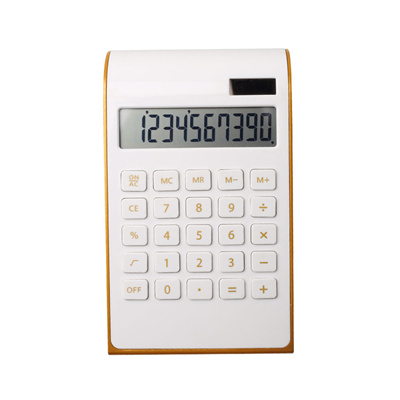General calculators play a pivotal role in the workplace, contributing to increased productivity and accuracy across various industries. In this article, we’ll explore how calculators serve as valuable assets for professionals, helping them streamline tasks, make informed decisions, and optimize their work processes.
Financial Analysis: Professionals in finance rely on calculators for intricate financial analysis, investment evaluation, and risk assessment. Calculators provide accurate results for complex calculations.
Data Analysis and Reporting: In data-driven fields, calculators assist in data analysis and reporting. They calculate averages, percentages, and other statistical measures, aiding in informed decision making.
Engineering and Architecture: Engineers and architects use calculators to perform structural calculations, estimate material quantities, and analyze design feasibility. These tools ensure accurate planning and execution.
Healthcare and Science: In healthcare and scientific research, calculators aid in dosage calculations, statistical analysis, and experiment results interpretation, contributing to accurate diagnoses and breakthrough discoveries.
Project Management: Professionals in project management use calculators to estimate project costs, timelines, and resource allocation. These calculations inform project planning and execution.
Conclusion: General calculators are integral tools in the workplace, enhancing productivity and accuracy in fields such as finance, data analysis, engineering, healthcare, and project management. By providing precise calculations and streamlining tasks, calculators contribute to efficient decision making and successful work processes.













